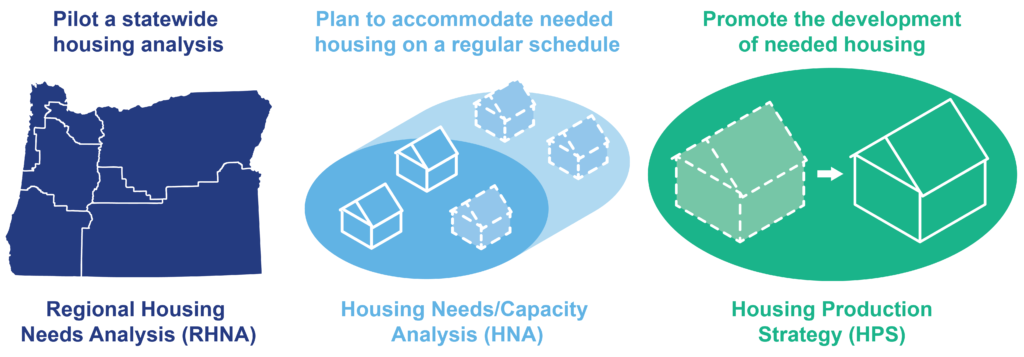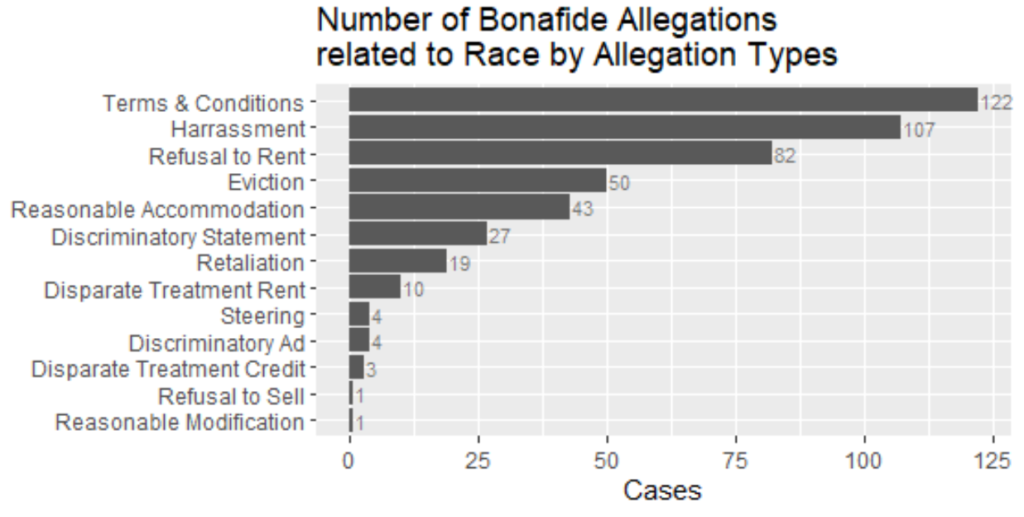
A Message from our Executive Director, Allan Lazo
March 29, 2023
Each year in April, we celebrate the passage of the federal Fair Housing Act (FHA). The FHA was signed into law by President Lyndon Johnson on April 11th, 1968, a week after the assassination of the Rev. Dr. Martin Luther King Jr. Dr. King had long been an advocate for Fair Housing, announcing in 1966 with the Southern Christian Leadership Conference plans for the Chicago Freedom Movement and moving his family to one of Chicago’s “slums.”
The landmark civil rights legislation inspired in part by Dr. King’s open housing movement worked to end housing discrimination and ensure equal access to housing for members of protected classes, many of whom long had been denied equal housing opportunity and the benefits that accrue from safe and affordable housing, free from discrimination.

Fifty-five years after the passage of the FHA, we recognize and celebrate not only the progress we have made towards fair and equal housing opportunities but also acknowledge the continuing dire need for us all to recommit to the work that remains to ensure everyone has equal access to housing opportunity.
As we allow ourselves these moments to celebrate, we also must continue to advocate for policies and practices that promote fair housing and address the systemic issues that perpetuate housing discrimination and the ensuing inequality in our society.
An important aspect that was included in the original 1968 Fair Housing Act is the requirement for Affirmatively Furthering Fair Housing (AFFH). Celebrating the FHA in April provides an opportunity to emphasize the importance of the AFFH provision and to advocate for its continued enforcement.
AFFH is a provision of the FHA that requires local governments receiving federal funding to take proactive steps to promote fair housing and combat housing discrimination. This includes analyzing housing patterns and identifying barriers to fair housing, as well as creating plans to address these barriers and promote diversity and inclusion in communities.
The AFFH provision was strengthened in 2015 under President Obama, but in 2020, the Trump administration repealed the rule. However, the Biden administration has taken steps recently to reinstate the AFFH rule and ensure that local governments are fulfilling their obligations under the FHA.
Public comments on the current proposed rule are open until April 10th, and there are numerous resources you can access to inform yourself and submit comments that will support equity in housing through the proposed AFFH rules, including PolicyLink’s Designing Our Just Housing Futures: Affirmatively Furthering Fair Housing (AFFH) Public Comment Guide and the National Fair Housing Alliance’s statement supporting the AFFH proposed rule.

As part of our work throughout Oregon, FHCO has been deeply involved in efforts to embed AFFH into Oregon’s land use planning goal related to housing, Goal 10, through the implementation of the Oregon Housing Needs Analysis (OHNA), and in particular, the creation of the newly required Housing Production Strategy (HPS) report for cities with a population over 10,000. These new tools will allow local communities to better meet the housing needs of all community members and work toward fair and equitable housing outcomes.
We also participated in and have supported a set of 11 proposals from the state legislative Joint Task Force on Addressing Racial Disparities in Homeownership. These community and culturally specific proposals range from working with specific community groups to bring forward downpayment and other financial assistance to ending racial bias in appraisals and supporting fair housing enforcement statewide.
In addition to our efforts to increase access to housing opportunity at these systemic levels, our work to bring fair housing resources to every corner of Oregon continues on the ground. Our Education and Outreach team continues to connect with local stakeholders through our regional Community Advisory Groups and to support local partnerships with community groups serving members of protected classes most likely to be impacted by housing discrimination.

Among the Race related allegations of housing discrimination that FHCO received between 2014 and 2022, the highest number of cases were allegations of different “terms & conditions” being offered in the rental process. “Harassment” is the next most frequent type of race-related allegations. (Source: FHCO’s “State of Fair Housing in Oregon” report)
In the coming year, we will continue to expand our Enforcement Team efforts to better focus on increasing reporting from under-resourced communities, both from geographic and demographic perspectives. This work is being informed by an extensive data analysis of the contacts we have received through our housing discrimination hotline over the past eight years, which we will share in a “State of Fair Housing in Oregon” report this year.
As we pause to mark the 55th anniversary of the Fair Housing Act this April, together, we must remember that the fight for fair and equal housing opportunities is ongoing. It is essential that we continue to work together towards creating a state where everyone has equal access to safe and affordable housing, free from discrimination and bias.
